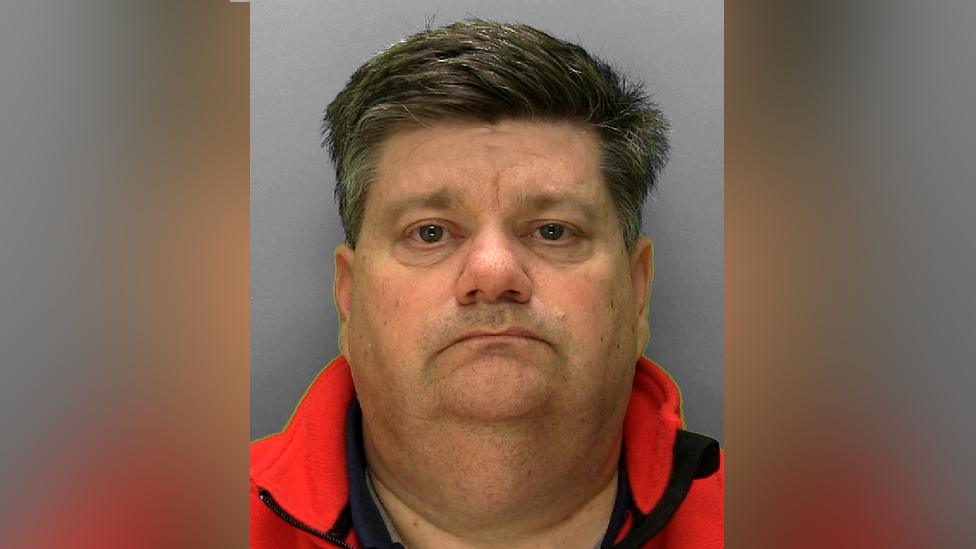Carl Beech: Harvey Proctor brands report into VIP abuse inquiry 'pathetic'
- Published
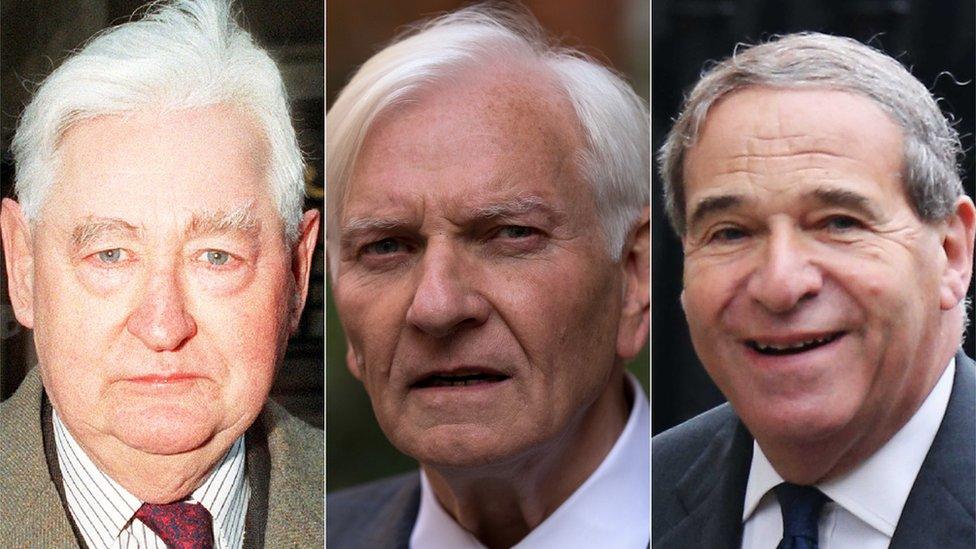
The searches of the homes of Lord Bramall, Harvey Proctor and Lord Brittan were deemed unlawful
A former MP falsely accused of being part of a VIP paedophile ring has branded a review of how detectives handled the claims as "a whitewash".
The police watchdog identified "organisational failings" but cleared five detectives of misconduct.
Ex-MP Harvey Proctor said a report by the police watchdog was "a pathetic attempt" to excuse mistakes by police - while a retired judge said the report was "lamentably slow".
The watchdog said it had been thorough.
Carl Beech, 51, was jailed for 18 years for making false allegations of sexual abuse and murder about a group of MPs, generals and senior figures in the intelligence services.
His claims led to a £2.5m investigation, known as Operation Midland. The investigation closed without any arrests being made, and Beech - who had been known as "Nick" for the duration of the police probe - was subsequently jailed for his lies.
In its report into Operation Midland, external, published on Monday, the Independent Office for Police Conduct (IOPC) found no evidence of misconduct.
However, it said it found "gaps and shortcomings" in the police investigation process.
It made 16 recommendations to avoid mistakes being repeated, including on search warrants and ensuring allegations are investigated objectively.
Beech's claims prompted searches of the homes of former Conservative MP Mr Proctor, D-Day veteran and former chief of the defence staff Lord Bramall and former home secretary Leon Brittan's widow, Lady Diana Brittan.
In a 2016 report into Operation Midland - which was partly published by Scotland Yard last week - retired High Court judge Sir Richard Henriques found:
The searches "should not have taken place"
The warrants were obtained "unlawfully"
Police "misled" the magistrate who approved them, including by describing Beech as a credible witness who had been "consistent" in his account
The IOPC said it found no evidence the officers who were investigated had deliberately misled the district judge by omitting any mention of inconsistencies.
But it acknowledged it was "unable to establish with any clarity or certainty" what exactly the officers knew about Beech's evidence.
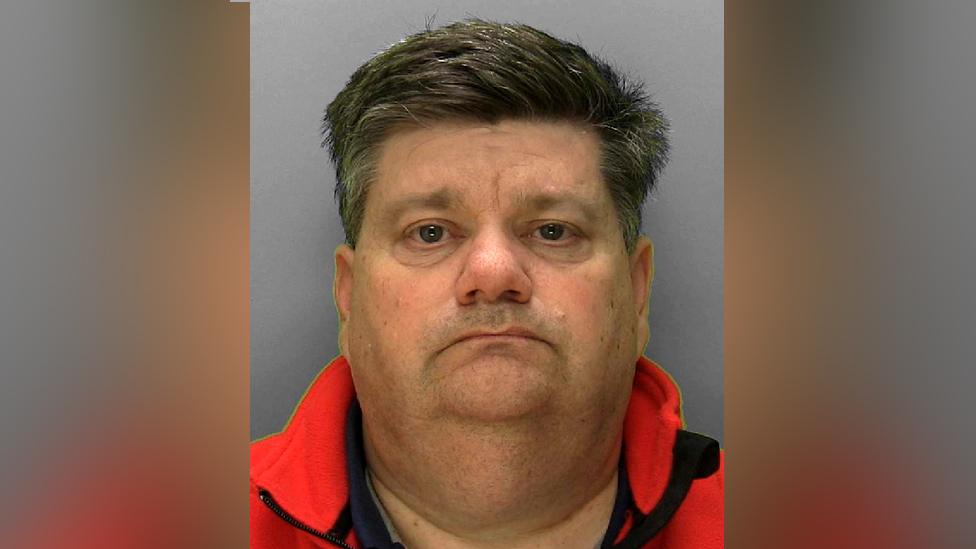
Carl Beech made false allegations about a VIP sex abuse ring
The report said it was "unclear" when details recording Beech's inconsistencies began to be recorded, and that the watchdog did not know which inconsistencies were known to the officers "at any specific time".
IOPC director general Michael Lockwood said in the report: "Did the officers involved make mistakes? Yes. Could police processes have been improved? Almost certainly. But did they deliberately exclude information to secure the warrants? Our investigation found no evidence of that."
'Outrageous'
Mr Proctor said the IOPC could not be trusted and should be replaced with "experts who are genuinely qualified to assess and to criticise police failings".
He said the searches were to help the police's "public relations" in the aftermath of the Jimmy Savile abuse scandal - rather than being conducted in good faith, as the report claimed they were.
Mr Proctor's lawyer Geoffrey Robertson QC said it was "outrageous that the IOPC should think it is a valid excuse for accusing innocent men of heinous crimes or misleading a judge to obtain a search warrant for their homes".
Mr Proctor also called for the IOPC to identify the "young decision-maker" who concluded no misconduct had been shown.

What is the IOPC and what are its powers?
The Independent Office for Police Conduct took over investigations into police misconduct in England and Wales in January 2018.
Previously, it had operated under the name of the Independent Police Complaints Commission.
The watchdog is able to initiate its own investigations and can direct police forces to hold misconduct hearings.
If complaints against officers are proven valid, they can recommend actions and - in serious cases of misconduct - hand over information to prosecutors.

Met Commissioner Cressida Dick said she was "deeply sorry" for mistakes made during Operation Midland.
"I recognise our mistakes will have a lasting effect on those who endured intrusive inquiries and were thrust into the spotlight," she said in a statement.
She said the loss of trust in the police by those people was a "matter of great regret for me".
The commissioner also said she welcomed an inspection into the investigation, which was requested by Home Secretary Priti Patel following the publication of Sir Richard's review.
Government minister Kit Malthouse told the House of Commons it was "vital" the inspection takes place to restore "public confidence" in police investigations.
"This government is determined to ensure that the lessons are learned by the police, and that the failings of this investigation are never repeated," he told MPs on Monday.
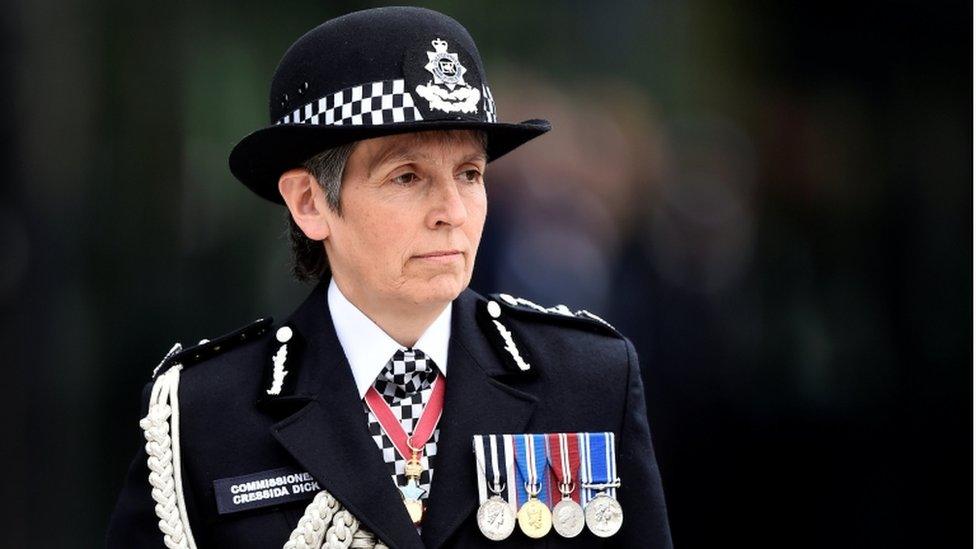
Cressida Dick said she regretted the loss of trust in her police force as a result of "intrusive inquiries"
Sir Richard said the IOPC report was "flawed" and "fell well short of an effective investigation".
Writing in the Daily Mail newspaper, external, Sir Richard said the police watchdog embarked upon a "lamentably slow and inadequate process" in reviewing the work of five Met detectives involved in obtaining search warrants.
He wrote: "Who guards the guards themselves?... A malfunctioning police force has not received the necessary oversight."
Sir Richard said the officers' belief that Beech had "remained consistent" in his accounts of sexual abuse was incorrect and that police "failed to disclose seven factors that undermined Beech's credibility".
He added that he had only been contacted after 20 months, and told that two of the five officers under investigation had already been cleared.
The IOPC continued to investigate three officers, but they retired before it published its findings.

Analysis
By Daniel De Simone, BBC News home affairs
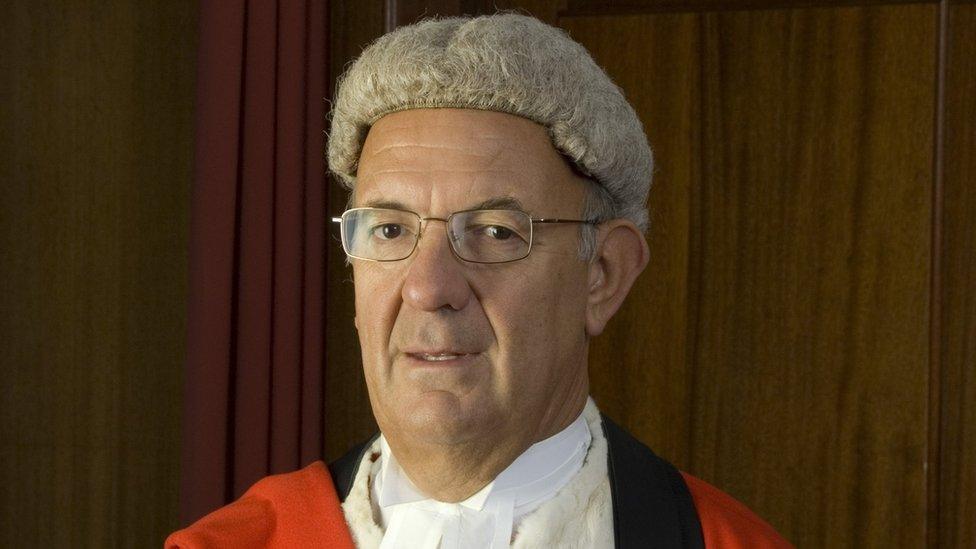
Sir Richard Henriques has strongly criticised the police watchdog
The police watchdog - in its many guises - has often been criticised, but rarely by such a senior figure.
It stands accused of lacking investigative guile and basic knowledge, and of possessing poor judgement.
Controversy over its capabilities is not new - and will not abate in the near future, despite its recent rebranding.
One of its other most high-profile investigation of recent years - into the Met's disastrous initial response to the serial killer Stephen Port - also resulted in no disciplinary action being recommended, a conclusion that will come under significant scrutiny next year when fresh inquests take place.
The Sean Rigg case, which saw the watchdog's inquiry initial inquiry damned as error-ridden, took over a decade to reach misconduct proceedings, resulting in five officers being cleared this year. The process was so lengthy that one officer had been ordained as a priest in the intervening years.
But when the IOPC did use its powers to order the Met to hold gross misconduct proceedings, for a firearms officer who shot dead Jermaine Baker in north London four years ago, it was defeated in the High Court this summer, external and told it had applied the wrong evidential test.

Sir Richard said he was "alarmed" by the watchdog's "lack of knowledge of relevant criminal procedure".
He concluded it was possible that not all five officers committed misconduct, but added: "I find it difficult to conceive that no misconduct or criminality was involved by at least one officer."
A member of the Home Affairs Select Committee said the report was "toothless, shoddy and unconvincing". Conservative MP Tim Loughton added he had "serious questions" about whether the IOPC was "fit for purpose".
The Met's deputy commissioner Sir Stephen House says he is "deeply sorry for mistakes made"
The IOPC said its review of the officers' work "was not a cursory exercise" and "independent and impartial".
It reviewed more than 1,800 documents and 300 statements, gathering 14 independent witness accounts and accounts from three officers who were under investigation, a spokesperson said.
- Published4 October 2019
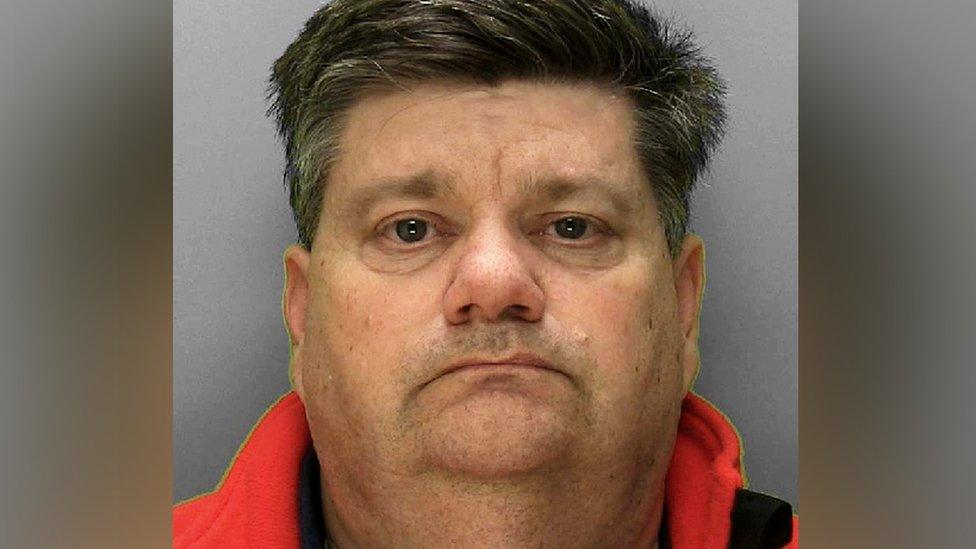
- Published3 October 2019

- Published26 July 2019
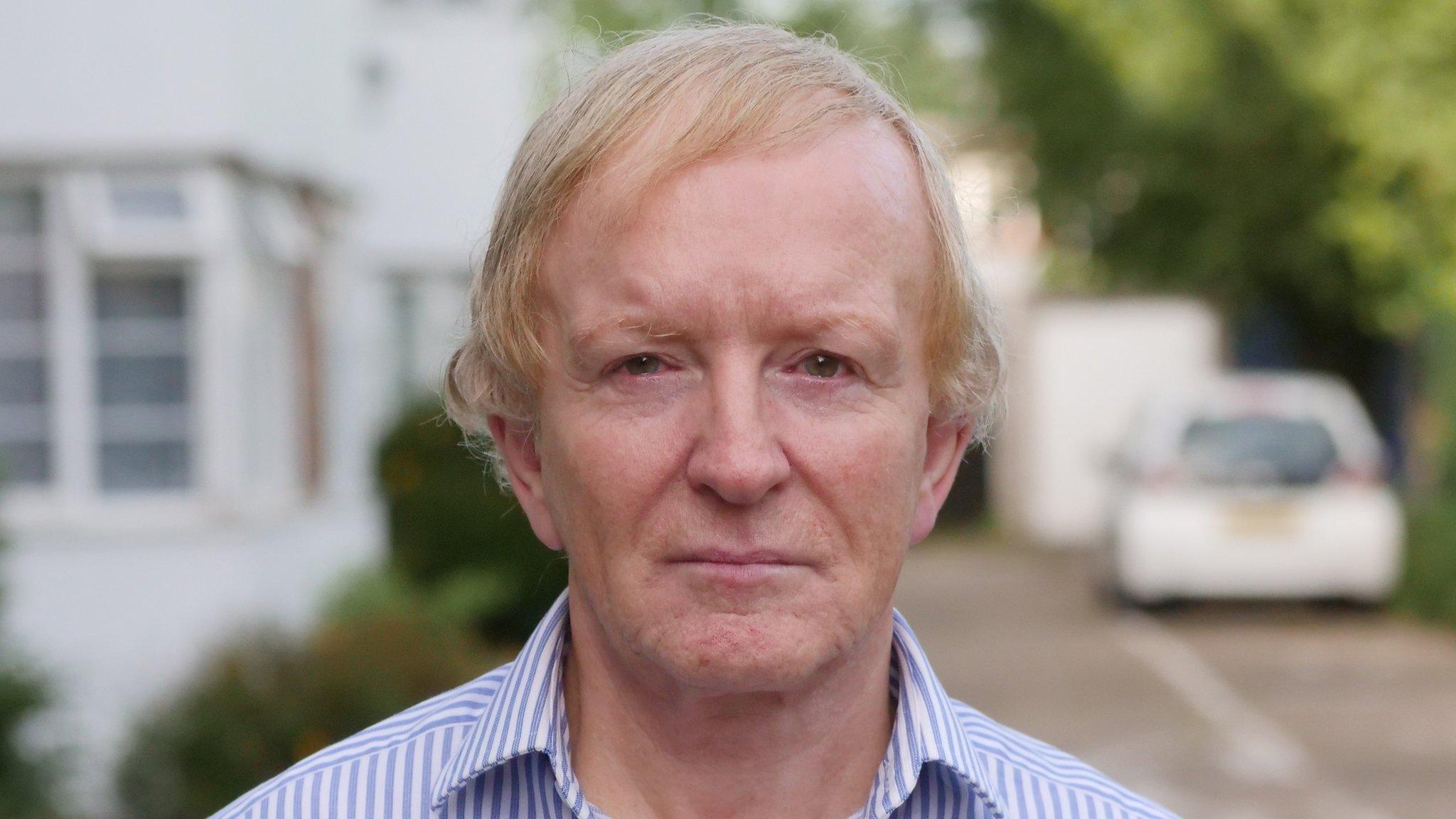
- Published26 July 2019
